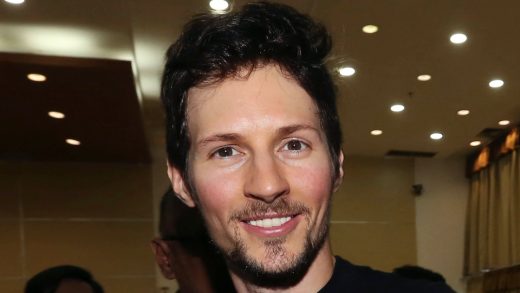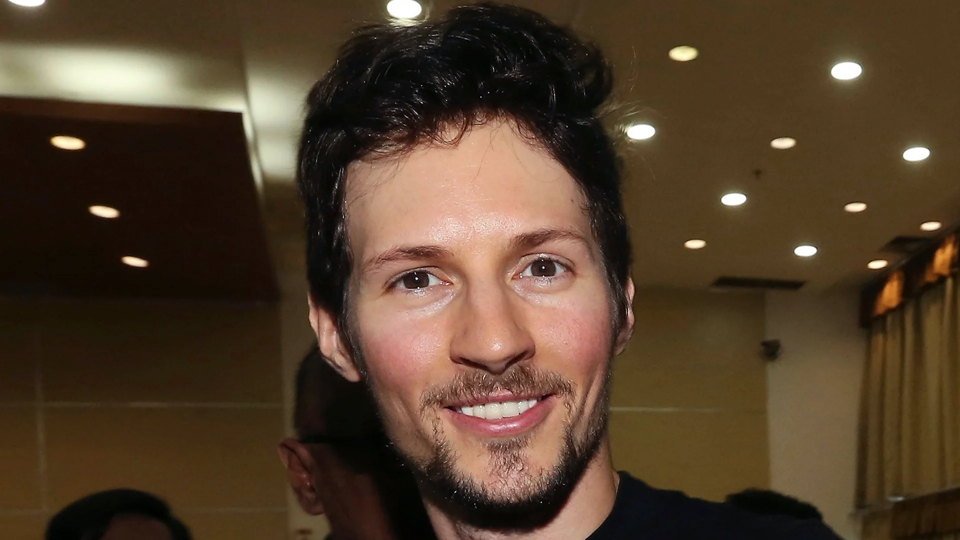Telegram CEO Pavel Durov has been released from custody and will appear in court, French prosecutors say
Telegram CEO Pavel Durov has been released from custody and will appear in court, French prosecutors say
Durov was detained on Saturday at Le Bourget airport outside Paris as part of a judicial inquiry opened last month involving 12 alleged criminal violations.
French prosecutors on Wednesday freed Telegram CEO Pavel Durov from police custody after four days of questioning over allegations that the messaging app is being used for illegal activities.
Durov was detained on Saturday at Le Bourget airport outside Paris as part of a judicial inquiry opened last month involving 12 alleged criminal violations.
“An investigating judge has ended Pavel Durov’s police custody and will have him brought to court for a first appearance and a possible indictment,” a statement from the Paris prosecutor’s office said.
Allegations against the Russia-born Durov, who is a French citizen, include that his platform is being used for child sexual abuse material and drug trafficking, fraud and abetting organized crime transactions, and that Telegram refused to share information or documents with investigators when required by law.
Durov’s arrest in France has caused outrage in Russia, with some government officials calling it politically motivated and proof of the West’s double standard on freedom of speech. The outcry has raised eyebrows among Kremlin critics because in 2018, Russian authorities themselves tried to block the Telegram app but failed, withdrawing the ban in 2020.
In Iran, where Telegram is widely used despite being officially banned after years of protests challenging the country’s Shiite theocracy, Durov’s arrest in France prompted comments from the Islamic Republic’s supreme leader. Ayatollah Ali Khamenei weighed in with veiled praise for France for being “strict” against those who “violate your governance” of the internet.
French President Emmanuel Macron said Monday that Durov’s arrest wasn’t a political move but part of an independent investigation. Macron posted on X that his country “is deeply committed” to freedom of expression but “freedoms are upheld within a legal framework, both on social media and in real life, to protect citizens and respect their fundamental rights.”
(8)



